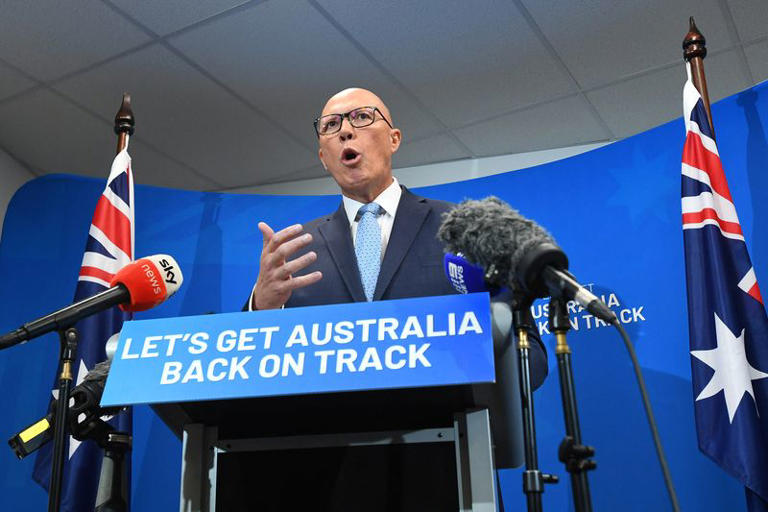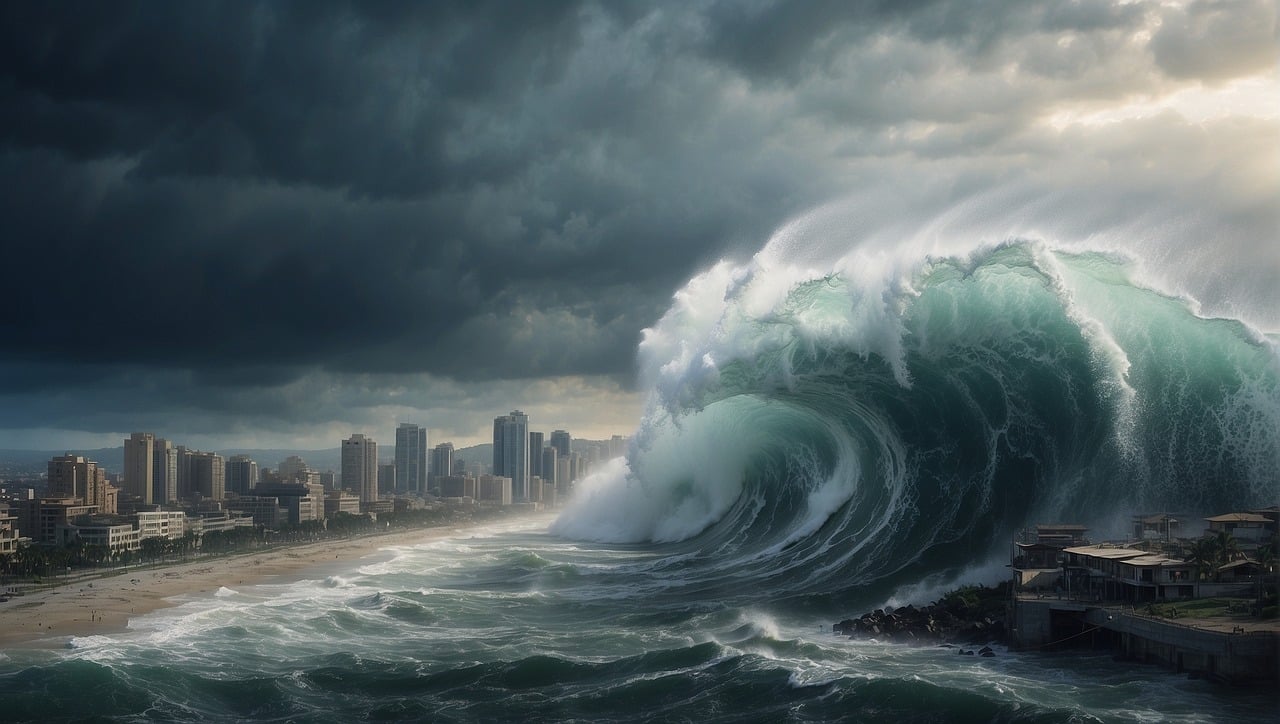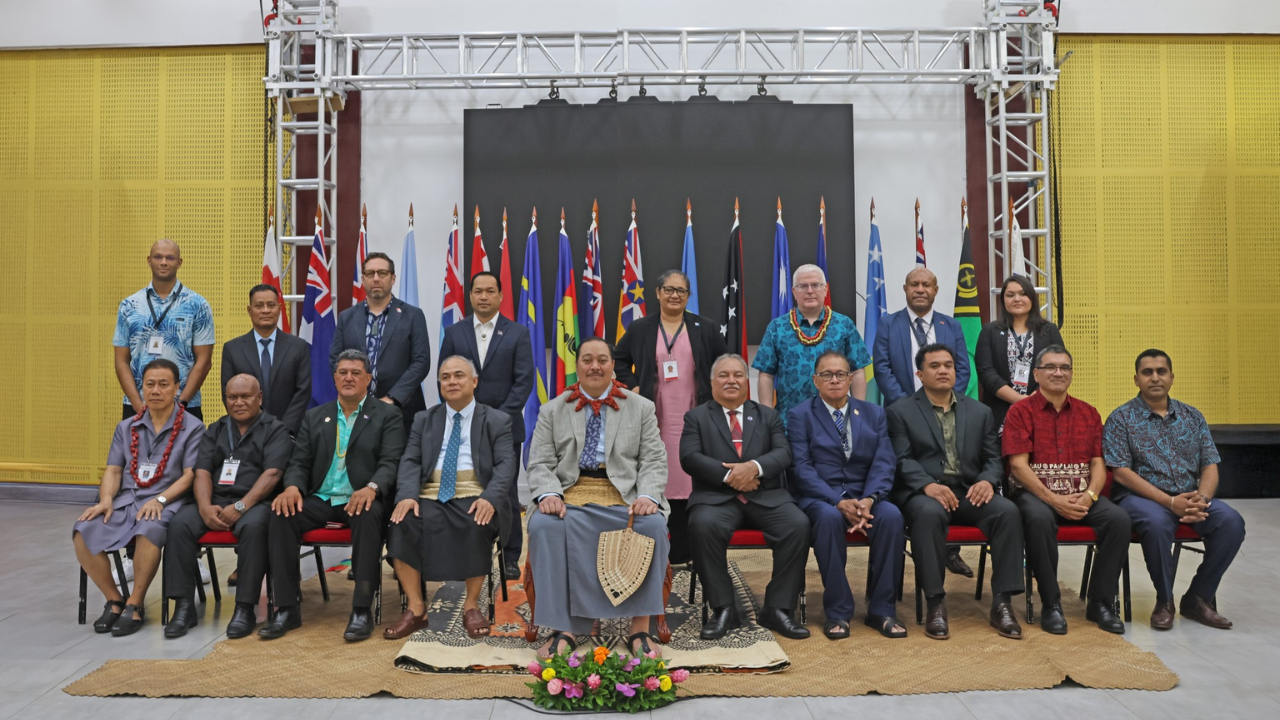by Martin Haffner Associate Editor
As Australia braces for its upcoming federal election, the implications of the electoral outcome extend far beyond its shores, particularly for the Pacific Island nations. The election pits the ruling Liberal-National coalition against the opposition Labor Party, and pivotal issues related to foreign policy, climate change, and regional security take center stage in this contest, resonating strongly within Australia’s Pacific neighbors.
Shifting Tides of Foreign Policy
Australia’s influence in the Pacific has historically been robust, yet the dynamics of power are shifting. China’s increasing presence in the region has raised concerns among Pacific Islanders and traditional partners like Australia, the United States, and New Zealand. The incumbent government has focused on strengthening security ties with these allies while countering China’s growing influence through development aid and infrastructure investment.
With Labor promising a more nuanced approach to foreign relations, particularly a commitment to “listening” to Pacific Island nations, stakeholders in the region are closely monitoring the rhetoric. The Labor Party has emphasized the importance of building genuine partnerships and investing in infrastructure projects rather than merely pursuing strategic interests. A shift towards a more collaborative and respectful foreign policy could invigorate Australia’s image and relations in the Pacific.
Climate Change: A Critical Factor
Climate change remains one of the foremost issues for Pacific Island nations, with many facing existential threats from rising sea levels and extreme weather. Australia’s climate policy has come under scrutiny, as the country is one of the world’s largest exporters of fossil fuels. While the Liberal government has focused on a technology-driven approach to reduce emissions, Labor has pledged to adopt a more ambitious stance on climate action, aiming for net-zero emissions by 2050.
Pacific leaders have made it clear that they seek genuine commitment from Australia to address climate change, which could significantly influence voter sentiment in both nations leading to the polls. A government that aligns more closely with the urgent calls of Pacific leaders for climate action could not only strengthen ties but also enhance Australia’s standing in regional coalitions like the Pacific Islands Forum.
Development Aid and Economic Resilience
Economic recovery and resilience have been pivotal concerns for Pacific nations, especially in the aftermath of the COVID-19 pandemic. Australia has long positioned itself as a leader in development assistance in the region. The upcoming election is likely to influence the extent and nature of future aid.
The Liberal government has maintained a focus on security as a major component of its aid strategy, while Labor proposes emphasizing economic and social development alongside security. The effectiveness of whichever party gains power in addressing the pressing developmental needs of Pacific nations could shape the political landscape for decades.
Regional Security and Geopolitical Rivalries
As tensions rise in the Indo-Pacific, regional security becomes increasingly important. The AUKUS pact between Australia, the UK, and the US has marked a significant shift in defense posture towards China, signaling Australia’s intention to play a more proactive role in regional security. However, the Pacific Island nations have urged Australia to enhance cooperation in a manner that prioritizes their sovereignty and security concerns.
The future government’s approach toward the Pacific will be crucial in addressing these concerns. A diplomatic, robust, and equitable response to regional security issues will be essential to ensuring lasting partnerships with Pacific nations.
The implications of Australia’s federal election extend far beyond its borders, affecting the geopolitical landscape of the Pacific region. Issues of foreign policy, climate change, aid, and security will shape the future relationship Australia has with its Pacific neighbors. As candidates engage with these critical topics, Pacific Island nations will be watching closely, as the elected government will play a vital role in shaping not only Australia’s future but also the prosperity and stability of their own territories.
In this context, the election is not merely about domestic policies; it symbolizes a crucial moment for Australia to reaffirm its commitment to the Pacific—a region that is pivotal for both its own security and prosperity, as well as that of its smaller neighbors.



